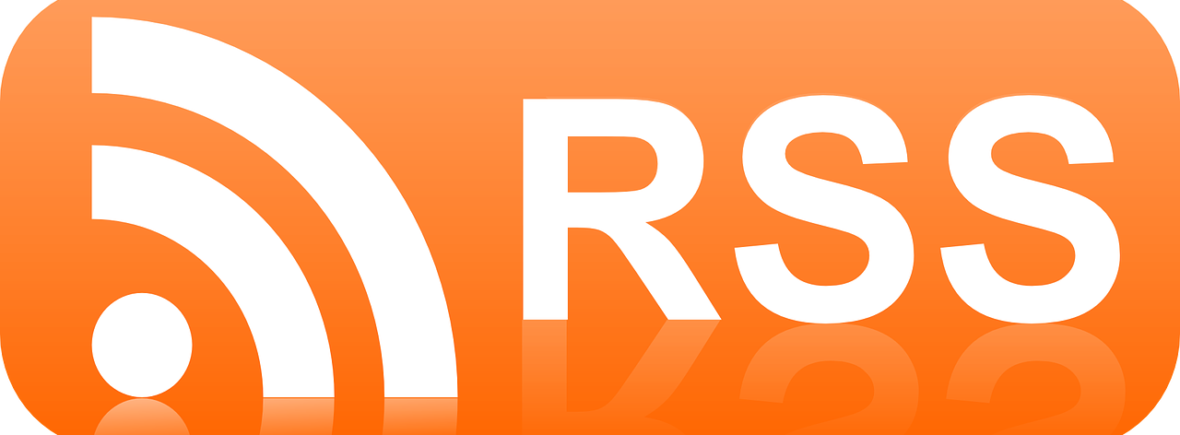
:max_bytes(150000):strip_icc()/004_what-is-an-rss-feed-and-where-to-get-it-4684568-81e2a3e6b5434de4bfae850ee083a1fe.jpg)

In most cases, creating your feed would only involve setting up a podcast on your favorite hosting platform. So if you’re among the 99% – relax – you don’t have to code, set up complex files or formatted documents, or learn a new programming language. This article is written for the (estimated) 99% part of podcasters who don’t really manually create their feed from scratch and/or coding it themselves.

Let’s dive right down to it! How do I create my own RSS feed? In this article, we’ll walk you through the key characteristics of RSS feeds, we’ll explain the meaning of RSS feeds being an open format, who uses RSS feeds besides podcasters, how to create your own RSS feed and more. Most platforms would create the RSS feeds for you and you don’t have to do any daunting task on your own. The good news here is that you don’t really have to do anything. The last thing you want to deal with when you start a new podcast is some weird code or file format. Many new podcasters don’t really understand why you even need an RSS feed. Eventually you can also update that feed whenever you release new episodes or content. You can aggregate all your episodes in one feed, and submit it to all podcast directories (Apple Podcasts, Spotify etc.). This is what makes podcasting so popular and easy to consume. The fact that RSS feeds are distributed and available to all is highly important. This means that you can access it from anywhere. This file is (usually) available online and made public. To put it simply, an RSS feed is a text-based file. It works perfectly well for millions of podcasts, websites and other online content aggregators. That said, RSS is still a well-respected format. It’s true that there may be faster or easier alternatives (like JSON or other formats). The technology behind RSS (stands for “Really Simple Syndication”) is quite old, dating back to the 90’s, but it’s still a great tool for podcasting. RSS feeds are essentially web-based text documents that contains all your podcast data and allows you to distribute it just about anywhere. If you’re a podcaster, your RSS feed is pretty much like an address or profile/username you can share so people can find and subscribe to your show.


 0 kommentar(er)
0 kommentar(er)
